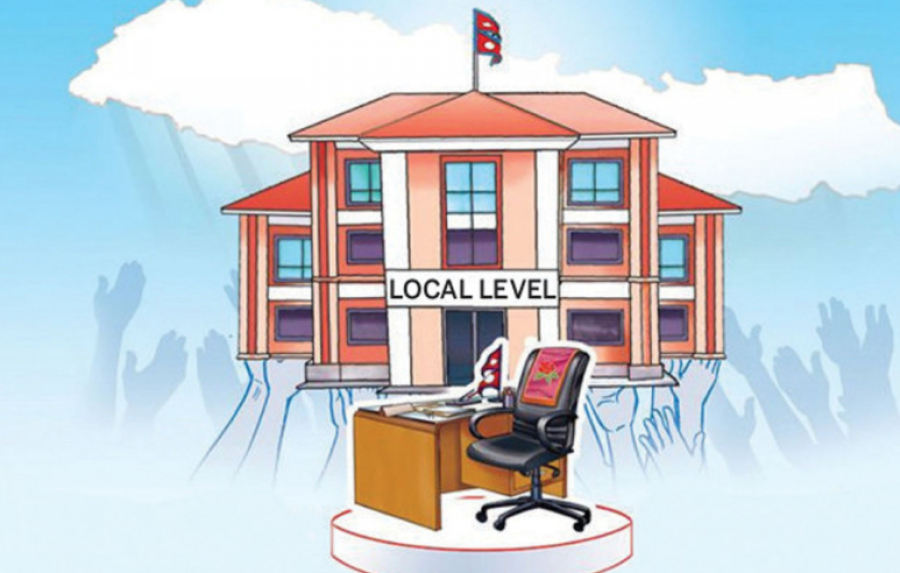Editorial
Going local
Candidates seem to be in the dark about the powers and functions of local bodies.
Despite some criticism of the upcoming local election slated for May 13, largely because of alliance politics, there are some good things about it. The country is holding the polls after completing a cycle of five years. And various local governments have at least learned some lessons about their functioning. A total of 35,221 local representatives will be elected for the 753 local units across the country. Parties have already unveiled their manifestos. With nominations filed, parties and candidates have launched their campaigns. Contrary to the last elections in 2017, not many are talking about big ticket projects like metro trains and monorails, barring a few. Some, however, are promising to wipe out corruption, the bane of Nepali society but a big ask in a country like Nepal where nexus, nepotism and cronyism rule the roost.
There are others who are pledging freebies and selling impractical ideas.
When Nepal held its first local elections after 20 years in 2017, it was understandable that the parties and the candidates made some unrealistic commitments. There was excitement all around. The electorate took those promises at face value. Five years later, the candidates now appear to have understood that they cannot bluff the electorate anymore with such big promises. The problem, however, is that they have failed to comprehend what they are meant to do as elected representatives and leaders of the municipal and village councils. They seem to be in the dark about the constitutionally granted powers to local bodies and their functions. The Constitution of Nepal has outlined 22 matters under the “list of local level power”. Local governments are meant to ensure goods and service delivery. Their primary functions range from education to basic health, local roads to housing and planning, and water and sanitation to waste collection. None of the candidates, however, seems to be coming up with plans and policies to address the issues that fall under their jurisdiction. While their party manifestos have fanciful promises with freebies, the candidates also do not have any concrete plans, except for some ad hoc pledges. Local needs of development and service delivery differ from region to region—one urban municipality or rural municipality might be in urgent need of water and sanitation while another may require schools. Wards have their own functions.
Kathmandu Metropolitan City serves as a great example. It has faced a waste collection problem for decades, and air pollution in the city has emerged as a major challenge. But neither the candidates nor the parties contesting the upcoming polls have outlined any concrete plan to address these issues. It’s high time the parties and the candidates understood the spirit and purpose of local elections and local government. Local governments by and large have two primary functions. The administrative part includes ensuring goods and service delivery. The other part entails participation of communities and determining specific local needs. Going local is the need of the hour.




 13.12°C Kathmandu
13.12°C Kathmandu














